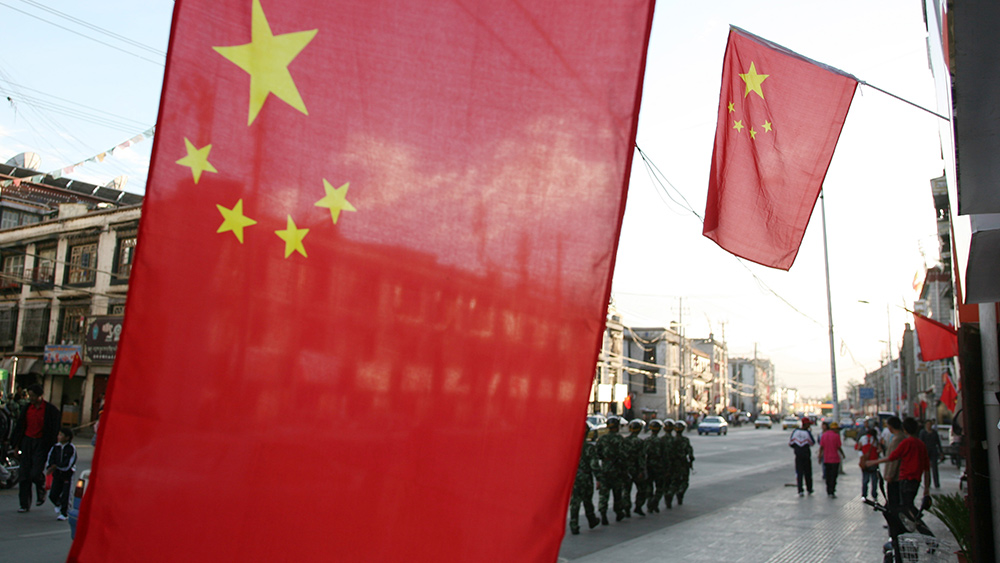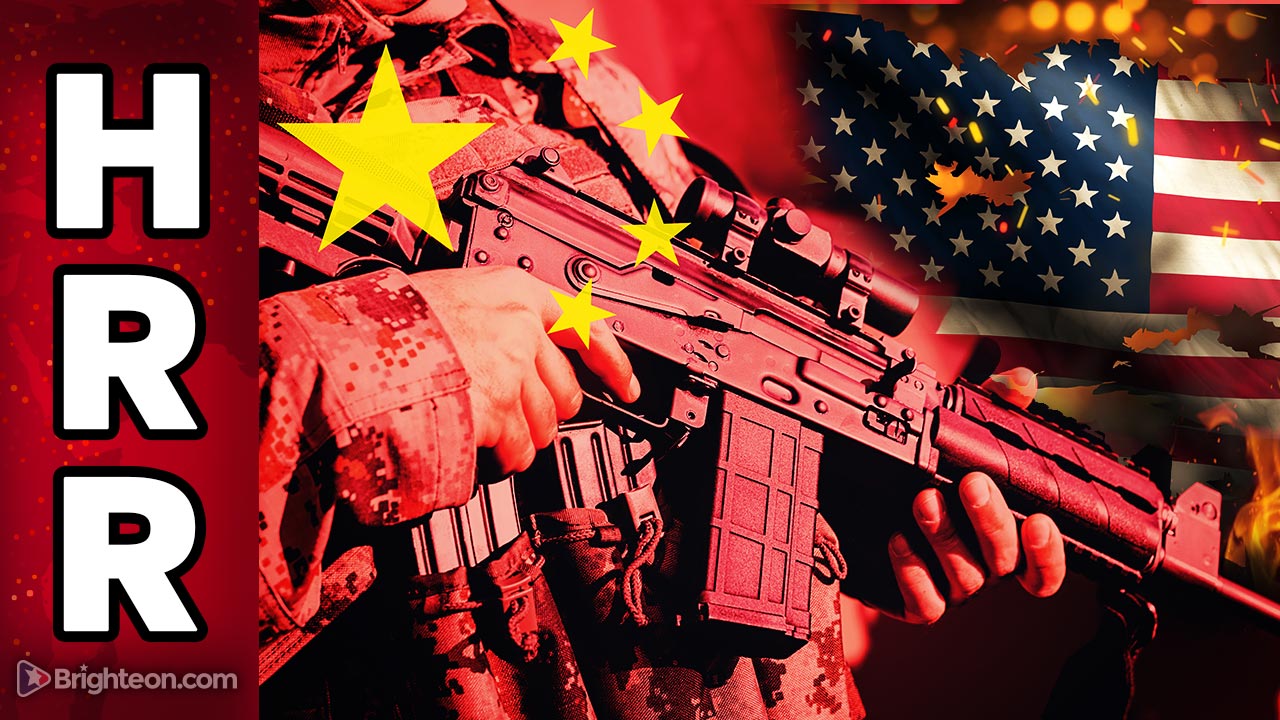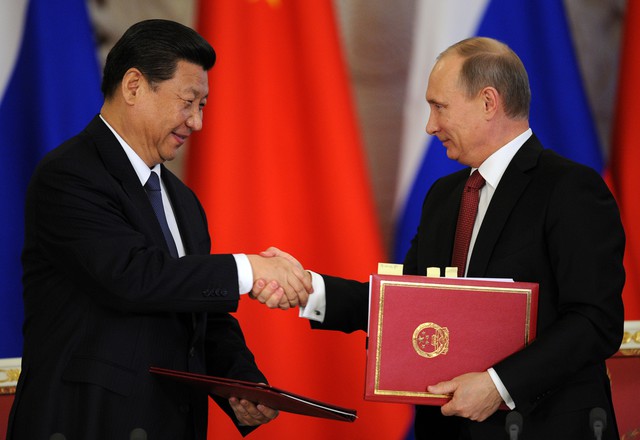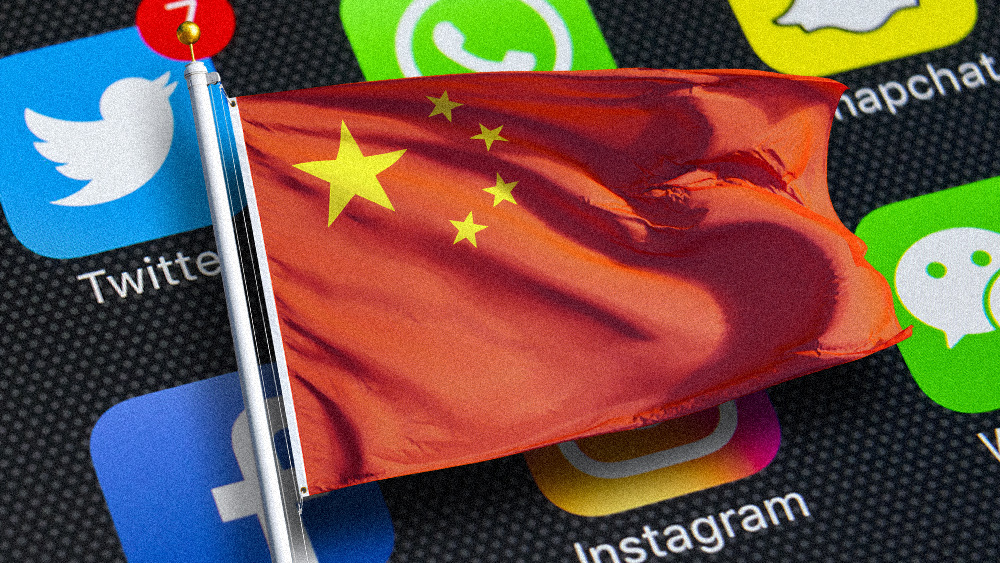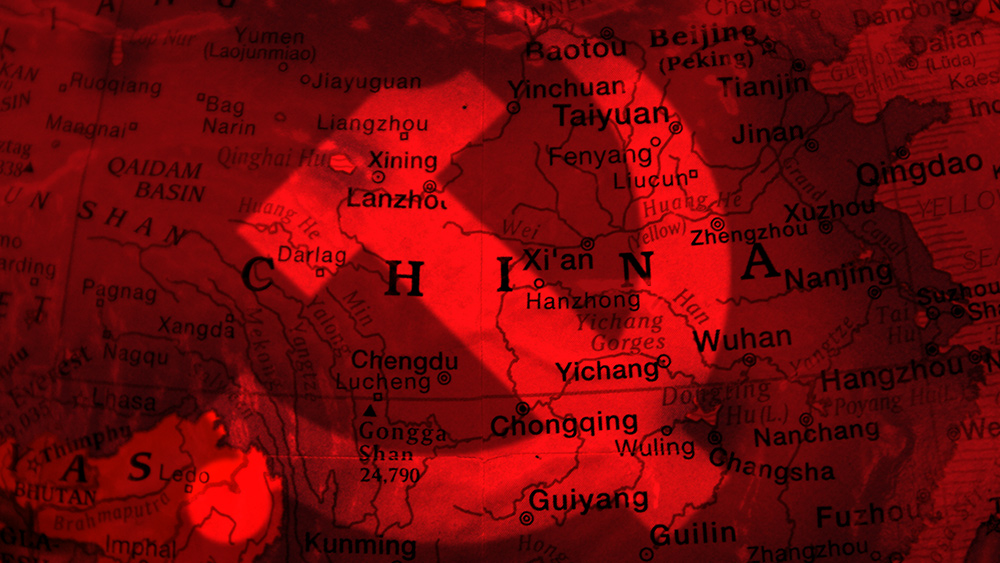Taiwan exports are critical to U.S. supply chain – here’s what the Taiwanese produce
10/21/2022 / By Ethan Huff

For many decades, the United States and Taiwan have enjoyed a longstanding and vibrant trade relationship – and one that is absolutely critical for the economic viability of both nations.
High-end electronics and their components (i.e., microchips and semiconductors) that the United States relies on are often manufactured in Taiwan, usually at substantially higher quality than similar products made in nearby communist China.
Taiwan’s number-one export to the United States is computers, it turns out, which represent 12 percent of the country’s overall experts. This is followed by computer parts at 11 percent; computer chips at 6.8 percent; cell phones and parts at 6.1 percent; and digital storage devices at 4.6 percent.
For its own imports, Taiwan relies on the United States for semiconductor machinery and parts; computer chips; oil; aircraft and parts; and passenger vehicles. (Related: Billionaire electric car tycoon Elon Musk threw Taiwan under the bus recently, calling for China to seize its independence.)
The Taiwan Semiconductor Manufacturing Company (TSMC) remains the world’s largest producer of computer chips. The company manufactures chips on contract for companies that design said chips but that do not have their own fabrication foundries and equipment.
“It is increasingly common for companies that design chips to close their own fabrication plants and outsource their production to TSMC or similar third parties,” reports explain.
“TSMC’s most well-known customers are Apple, NVIDIA (graphics card maker and AI server manufacturer), and AMD (Intel’s rival in CPUs). Even Intel, who have their own foundries, are looking to TSMC to make chips for them.”
If China consumes Taiwan, the U.S. could lose an important trade partner
In total for the month of June, Taiwan’s trade with the United States amounted to $10.87 billion, a change of 11.04 percent compared to the same month a year earlier.
This past June, Taiwan ranked as No. 10 among U.S. trade partners compared to No. 8 in June 2021.
The top three U.S. exports by value this past June were:
• Oil
• Semiconductor machinery, parts, and
• Computer chips
The top three U.S. imports from Taiwan in June, also by value, were:
• Computers
• Computer chips, and
• Computer parts
By tonnage, the top three U.S. exports overall were:
• Oil and liquid natural gas (LNG)
• Other petroleum gases, and
• Corn
The top three U.S. imports also by tonnage were:
• Screws, nuts, bolts, and washers
• Hydroxide or peroxide, and iron, and
• Steel pipes and tubing
The following more well-known chip companies that the PC industry in the U.S. relies on include:
• Asus, a leading manufacturer of personal computers, motherboards, graphics cards, and more
• Gigabyte, which produces similar items
• RealTek, which manufacturers the audio processing chips found in most PCs, as well as networking chips used in routers
• D-Link, a major manufacturer of internet routers
• AOC and BenQ, two major manufacturers of computer monitors
• VIA, a producer of chipsets for PC motherboards, which coordinate communications between the CPU, GPU, memory, storage, and other components found in a computer
• Thermaltake, Cooler Master, and Liam Li, which produce PC cases, GPU coolers, PC case fans, and various other PC components
Original equipment manufacturers (OEMs) and original design manufacturers (ODMs) are also a staple throughout Taiwan. These include names like Foxxconn, which makes products for Apple, Pegatron, and Wistron.
Taiwan relies on the U.S. more than the U.S. relies on Taiwan, based on the numbers. Right now, the U.S. is Taiwan’s No. 2 trading partner behind China. A whopping 28.2 percent of Taiwan’s total exports come from China while 14.7 percent come from the U.S., followed by Hong Kong at 14.1 percent; Japan at 6.5 percent; and Singapore at 5.8 percent.
The latest news about the China-Taiwan conflict can be found at CommunistChina.news.
Sources for this article include:
Submit a correction >>
Tagged Under:
China, China-Taiwan war, Collapse, computer industry, computers, economy, exports, foreign relations, imports, international trade, products, semiconductors, supply chain, Taiwan, trade, WWIII
This article may contain statements that reflect the opinion of the author
RECENT NEWS & ARTICLES
COPYRIGHT © 2017 NATIONAL SECURITY NEWS





